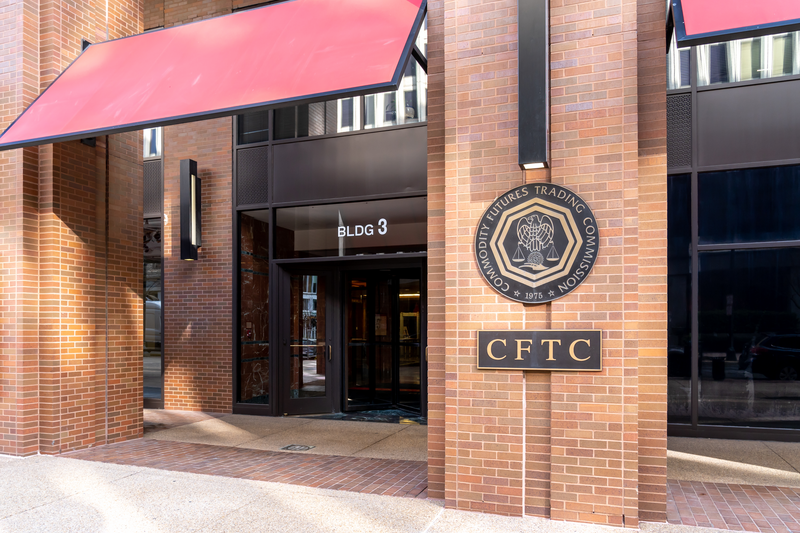CFTC Commissioner Caroline Pham recently issued a statement to express her deep concerns over the allegations against the CFTC over a Rule 11 sanctions motion made against the agency in a November case – CFTC v Traders Global Group – and the court’s admonishments in that case.
“This is a grave matter,
Register for free to keep reading
To continue reading this article and unlock full access to GRIP, register now. You’ll enjoy free access to all content until our subscription service launches in early 2026.
- Unlimited access to industry insights
- Stay on top of key rules and regulatory changes with our Rules Navigator
- Ad-free experience with no distractions
- Regular podcasts from trusted external experts
- Fresh compliance and regulatory content every day













